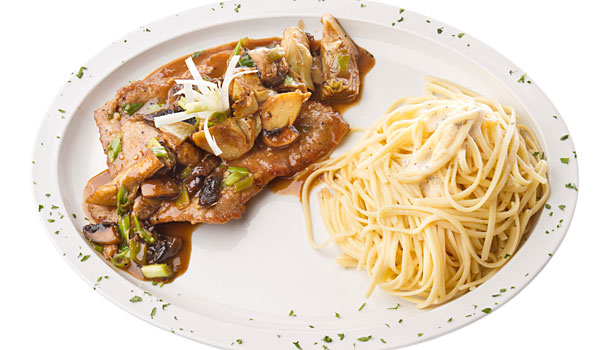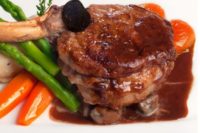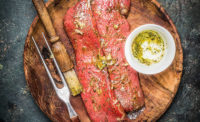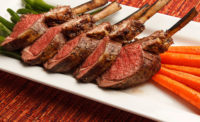One day last spring, one of the leading veal producers in the country opened his doors to a group of culinary instructors and students, allowing an up-close look at today’s veal industry. During a group discussion after the tour, the farmer acknowledged the change that has occurred in agriculture and emphasized a commitment to meeting consumer expectations.
Farming today requires engagement with key stakeholders, many of whom may have never been to a farm or have very little understanding of today’s production systems. The veal industry is bolstering consumer confidence by addressing expectations on animal care and well-being, food safety and other issues in this era of heightened consumer awareness on food-related issues.
A commitment to do the right thing is reflected in the veal industry’s continuing transition to group housing systems — a move that the American Veal Association (AVA) Board of Directors advocates be completed by the end of 2017. Six years after the leadership position was announced in 2007, the industry estimates that 70 percent of veal calves raised by AVA members are housed in group pens. The transition is ahead of schedule despite economic conditions that have made it more challenging for producers to secure the capital needed to make the move.
An additional focus for today’s veal farmer is furthering a strong partnership with the dairy industry to ensure a safe and wholesome product for consumers. The veal industry depends on responsible dairy farms from which to purchase healthy, strong male calves. Dairy farmers, likewise, have a vested interest in making sure those calves meet regulatory expectations for use of animal health products.
Veal farmers who buy nearly 400,000 bull calves each year are one of the dairy industry’s best customers. The 100,000 tons of whey purchased by the veal sector also benefits dairy producers. What’s good for the veal farmer is good for the dairyman. Every effort must be made to ensure that calves going directly into the food supply (bob veal) meet government residue guidelines. Meeting ever-increasing consumer expectations on food-safety issues must be a priority.
The veal industry has a compelling story of sustainability. Dairy industry byproducts — bull calves and whey — are transformed into a valuable product preferred by health-conscious consumers with discriminating taste. Positioning veal as a profitable and palate-pleasing choice for chefs and consumers is vital to the long-term viability of the family-owned farms that raise veal.
A vast majority of consumers are generations removed from the farm. Activist campaigns, food recalls and negative media coverage have led to growing consumer concern about today’s production practices. Veal farmers know that consumers expect animals raised for food to be treated responsibly. The ethical standards and code of conduct embraced by veal industry leadership reflects a commitment to providing excellent animal care and safe food.
As was the case last spring, farmers can provide neighbors, communities, opinion leaders, customers and consumers the opportunity to learn first-hand about the quality care provided calves on today’s veal farms. Showcasing what veal farmers do every day to produce safe and wholesome food through responsible production practices encourages a new dialogue about how veal can meet today’s consumer demands for unique dining experiences and nutritious, delicious food — raised right.
To tour a veal farm contact the American Veal Association at 717-823-6995.
Learn more about veal farming by visiting www.vealfarm.com.




Report Abusive Comment